A version of this piece was first presented as a sermon at Trinity St. Paul’s United Church on Jan. 19, 2020.
The U.S. assassinates an Iranian general, greatly increasing the chances of yet another senseless war. A jetliner carrying 176 people, many of them Canadians, many young, is shot down leaving Tehran. Welcome to 2020.
You may unsubscribe from any of our newsletters at any time.
Perhaps this is a signal to all of us that we are entering the most important decade, for good or not, of human history. Scientists tell us this is the decade when we’ll either begin to address the climate crisis or pass the point of being able to do so. The threat of nuclear war is ever present. Governments, far from becoming more progressive, seem to be on the road to regression.
This is certainly going to be the decade when we are all called to be engaged, if not heroic. We, just like in Jesus’ day, are called to listen and act, to follow the light.
John, in his gospel, gives us the metaphor of a lamb. In my rural ministry, 90 percent of my congregants were farmers and one of them raised sheep. There is absolutely nothing in this world cuter than lambs. I know we all love puppy videos, but why are there no lamb videos? Perhaps because there’s that nagging aroma of mint sauce when we think of them. In North American society, we don’t eat dogs, but we do eat lambs. The sheep farmer’s daughter had a lambskin rug in her room and she remembered its name – Lilly.
Lambs were not used in Jesus’ time as offerings that were purported to take away one’s sin, as reparation of some sort. They were roasted as celebration, to commemorate good times. And in Greek, “taking away the sins of the world” when speaking about Jesus’ crucifixion didn’t say that, it was more like “holding up so that we could clearly see” the sin of the world, which the crucifixion surely was. “Look,” says the Creator through Christ, “This is how sinful your world is that it would kill an innocent, that it kills innocents constantly. Do not look away.”
In other words, watch the cute lambs, but know there’s not much that’s cute about death, and not to a creature so innocent and young. Know that your meal, your very existence, your comfort and your privileges were paid for, in part, by suffering. Know that what we are called to do is really see the world as it is, not so that we can wallow in fear, anxiety, guilt or pity, but so that we can receive energy from the Holy Spirit to live sacred lives. So that we can be the most grateful people, so that our gratitude and our compassion and yes, our joy, can be that much deeper. There is no joy nor gratitude without the understanding of suffering.
Quite a revelation when it comes to the cross, not to mention the cute little lamb.
So, thank you, John, for the reminder. This is what it is to be Christian, what it might mean to be Christian in the face of another war. Whether one buys the theory of a ‘just’ war or not, it’s clear that a war with Iraq, Syria, Afghanistan or Iran will not be a just one. This is very different from not supporting those who serve in the military for whatever reason. They do not make decisions about where they’re sent. As I speak, chaplains walk with those suffering with wounds — physical, mental and spiritual — because of the places we as a country have sent them.
Know that what we are called to do is really see the world as it is, not so that we can wallow in fear, anxiety, guilt or pity, but so that we can receive energy from the Holy Spirit for the sacred living of our lives.
Lives will be lost in a potential war, as the victims of that downed plane arguably were already, with no say as to what their leaders are doing. On the streets of Tehran, Iranians protest both the assassination of the general and the evil perpetuated by the regime. War would play into forces of repression in Iran and in the U.S., whose economy has become based on perpetual war. A war with Iran would have no justification. It would be immoral and ungodly.
Military budgets could house homeless people, provide free post-secondary education, pharmacare, childcare and other wish-list items. Those who profit from war are the manufacturers of the weaponry and no one else. The corollary with the struggle for a green economy is clear. We need, in North America, to shift our economies away from war as we need to shift it away from fossil fuels. But that is possible.
The gospel of John and Jesus serve to hold up the sinfulness of the world and what we are called to do in such a time as this. And on a more personal scale, whichever griefs or traumas or challenges await us in 2020 on our own Christian quests, we should be so very thankful for the quest itself, the call that is sacred, the laughter and the joy and the intense sense of being here, now, in this time for a reason. No one else but us is called. No one else but us is capable of answering the call.
See the world clearly. It is both an astounding miracle of beauty and a terrible place. Only we, with the power of the divine, can create a new and better place for our grandchildren. And have no doubt that we will. Because we are not alone. We live in God’s world.

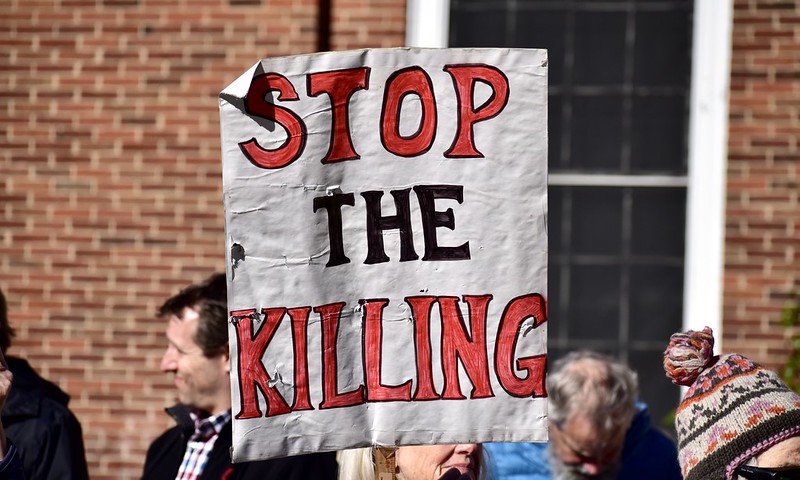








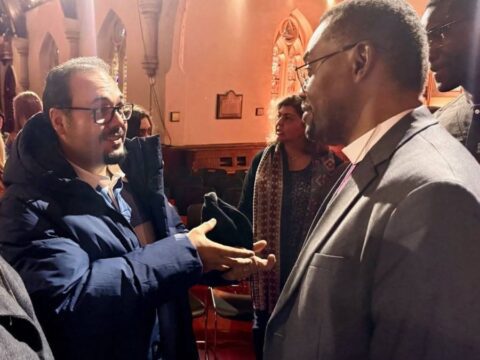
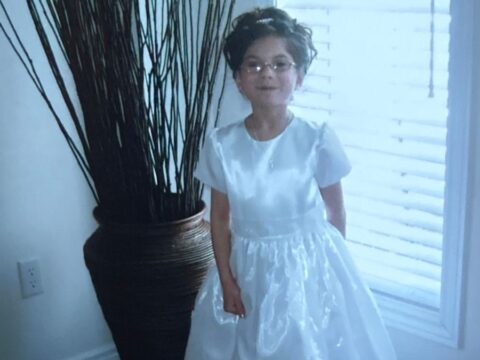

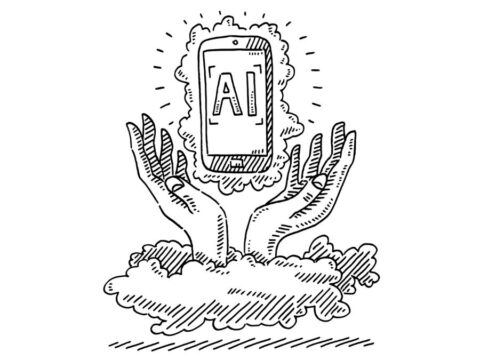
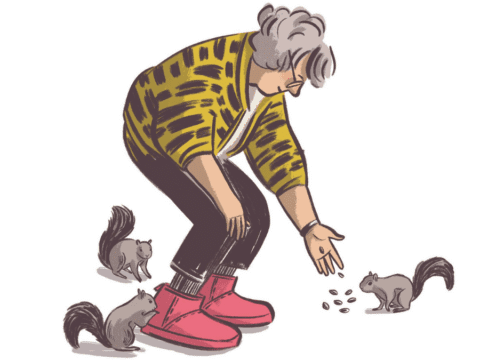
Matthew 24 addresses the beginning of this article quite well. It states we shouldn’t be too surprised about wars, famines and earthquakes. Christ states that this is the beginning of “birth pangs”. I don’t know much about birth pangs, but scientists and my wife can confirm that they start off being uncomfortable to the point of extreme pain. So unfortunately the analogy is that the concerns of this world will keep getting worse and not better. There will be false teachers, false disciples, increased wickedness, and the love of people will grow cold. (The love for Christ will be denied). Christ claims that the gospel will be told across the world, then the end of the world. (This is close, but many nations have not yet heard about Christ)
Philippians 4:4-9 tells us not to worry about the concerns of this life. If we do, we are to pray our concerns with thanksgiving. It also states we should have a positive way of thinking. We should be glad that Christ has overcome the issues of this world. (John 16:33)
I would disagree with the writers claim “Lambs were not used in Jesus’ time as offerings that were purported to take away one’s sin, as reparation of some sort.” Sacrificial lambs (sacrifices) ended after the fall of Jerusalem in AD 70 (also the destruction of the temple), this was after the life of Christ AD 33-35. This was not only practiced by Jews, but other cultures as well.
I agree, I’m not sure any war can be justified, James 4: 1-4 explains why we war, against each other and against God.
We should remember we are not “of” the world, just “in” the world. Our focus should be our eternal home – and telling others how to get there. What we experience here can be gone in an instant.
There is not going to be a war with Iran.
I agree with you. If a minister is going to raise the fear of war in a sermon, they ought to give some reasonable insight as to why they believe this. this is the broad based assessment that is most plausible int the immediate term. The Soleimani strike has restored deterrence which is what all Western countries should be seeking. For those who have experience in assessing the political/military indicators of a nations capability and intention to wage war against another nation, there are no red flags that suggest either the US intends to increasing lethal military activity against Iran. And Iran which has no comparative capability to win any major conventional conflict with the US will not attempt such a war. Though as the premier nation of state sponsored terror, the Iranian regime will use their proxies to harass the US and the rest of the civilized western world with the continued funding and export of terror.